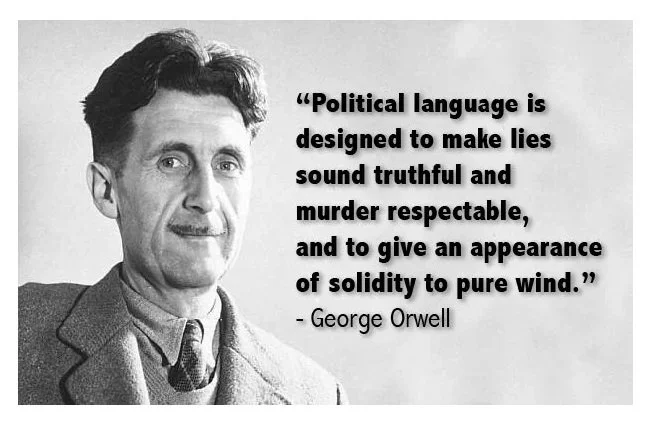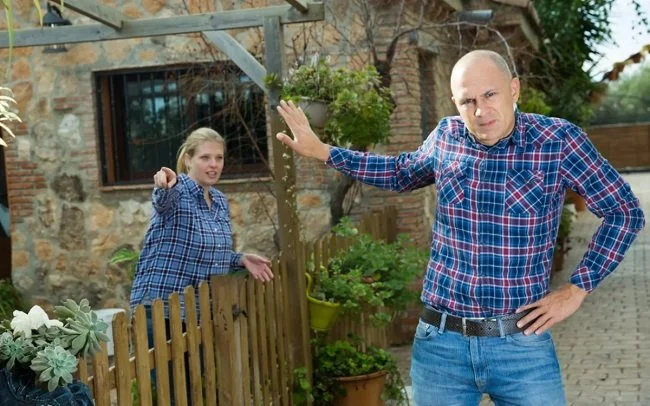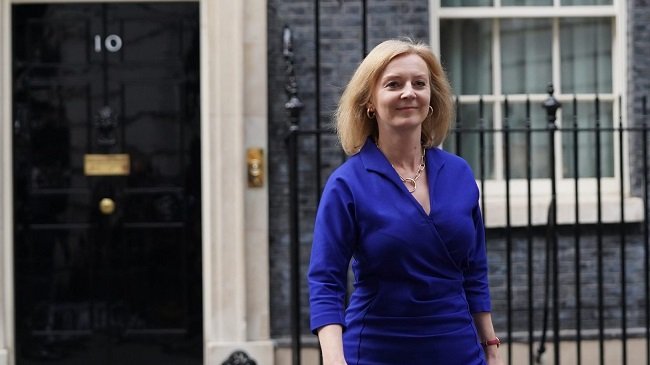Thoughts on the 2018 Local Elections
There are numerous local elections taking place in England today (not Scotland, Wales and Northern Ireland). 150 councils are electing new councillors, and there are six mayoral contests. They include all the seats in all 32 London boroughs, as well as every seat in the metropolitan districts of Birmingham, Manchester, Leeds and Newcastle. Specific seats are also being contested in areas such as Liverpool, Sheffield, Sunderland and Wigan. All the major UK political parties are fielding candidates with an aim of gaining the majority of seats in a specific area and thus controlling the local councils. These local authorities then subsequently control and administer the borough budget for services such as policing, local schools, refuse collection and such like. The budget is raised through a borough council tax, which is based upon property banding.
Local elections are often considered a litmus test of public opinion for the incumbent national government. If the Prime Minister and their party is perceived to be failing in its duties or suffering any major political set backs or scandals, then voters can and will punish party candidates at a local level to show their displeasure. However, this is not always the case and voter turnout for local elections can at times be very low, due to apathy or the fact that a local borough has a strong majority favouring a specific party. Where I live in Bexley Borough, in Greater London, there is an inherent leaning towards the Conservative Party, due to the demographics of the area. The borough is still perceived as a leafy suburb where the professional middle classes go to raise a family. It is also a relatively affluent borough which is often an indicator of political affiliation in the UK.
However, local elections are frequently determined by unique local factors and issues. The closure of a school or fire station can galvanise the electorate. Again, where I live, the sale of several public parks to property developers has been a contentious issue for several years. The poor handling of this matter by the majority Conservative held council has been strongly contested by local residents and some have even gone so far as to stand as independent candidates in today’s elections. Similarly, across the country various smaller parties are either collaborating or deciding not to stand against each other in an attempt to maximise the number of seats they can win and thus work collectively against the larger parties. Often at a local level, tactical voting becomes far more effective and it will be interesting to see if and how it is used when the results of today’s vote are known over the course of the next 48 hours.
From my own perspective, local politics has declined as much as national politics over the course of my life. My local council has demonstrated in recent years the exact same failings as the national government. Political discussion has become trivialised and infantilised, focusing on trite soundbites and disseminating false information. Councillors often inhabit a completely different “world” and have no conception or interest in the reality of constituents’ lives. Policies are frequently self-serving or driven by “lobbying culture” and all its iniquities. Furthermore, having visited the council chamber and watched proceedings from the gallery, I can confidently say that many councillors lack any debating and public speaking skills. They are often ill-mannered, bellicose and generally over enamoured with themselves. Remember these are not professional career politicians, with degrees in the subject and media training under their belt. Most councillors are simply local residents from varied backgrounds and professions.
Perhaps what I find most galling about today’s local elections is the total lack of credible campaigning by any of the major parties. The only candidate that has had the courage to knock on doors in my street is an independent. The rest have just taken the path of least resistance and simply attended minor rallies at local church hall’s populated by a handful of the party faithful. There have been no debates, no concerted efforts to meet and engage with the electorate, no discussion of policies and future planning. Instead we are left with conspicuous displays of hubris and entitlement along with a barely suppressed contempt for the electorate. It would appear that many that currently hold office seem to be oblivious to the mood for change that is currently abroad in the country and are merely focused on business as usual and all the financial benefits that go along with it. All too often the aspirational and ideological aspects of party politics are lost over time, leaving just a self-serving imperative to maintain the status quo.
However, the UK has had a noticeable falling out with the status quo and is currently enduring a period of major political upheaval and societal divide along with a general disliking of most establishment institutions. Regardless of where you stand politically at present, a new “wild card” approach has been introduced into contemporary politics. Subsequently, traditional political certainties are not so reliable. The electorate has shown that it will upset the existing “apple cart” if it sees fit, even if that is ultimately an act of self-harm. Therefore, we may well see some interesting results and political fallout by the weekend. These elections may well be the final nail in UKIPs coffin. Brexit, The Windrush Scandal and a multitude of bespoke local issues could result in the government being punished and the Conservative Party losing control of several “safe” councils. We will also finally find out if Jeremy Corbyn’s leadership has any impact upon Labour support at council level. On a positive note, perhaps this set of elections will mark the beginning of a cultural shift away from traditional bi-partisan politics towards a broader system with more independent and minority party candidates.




























